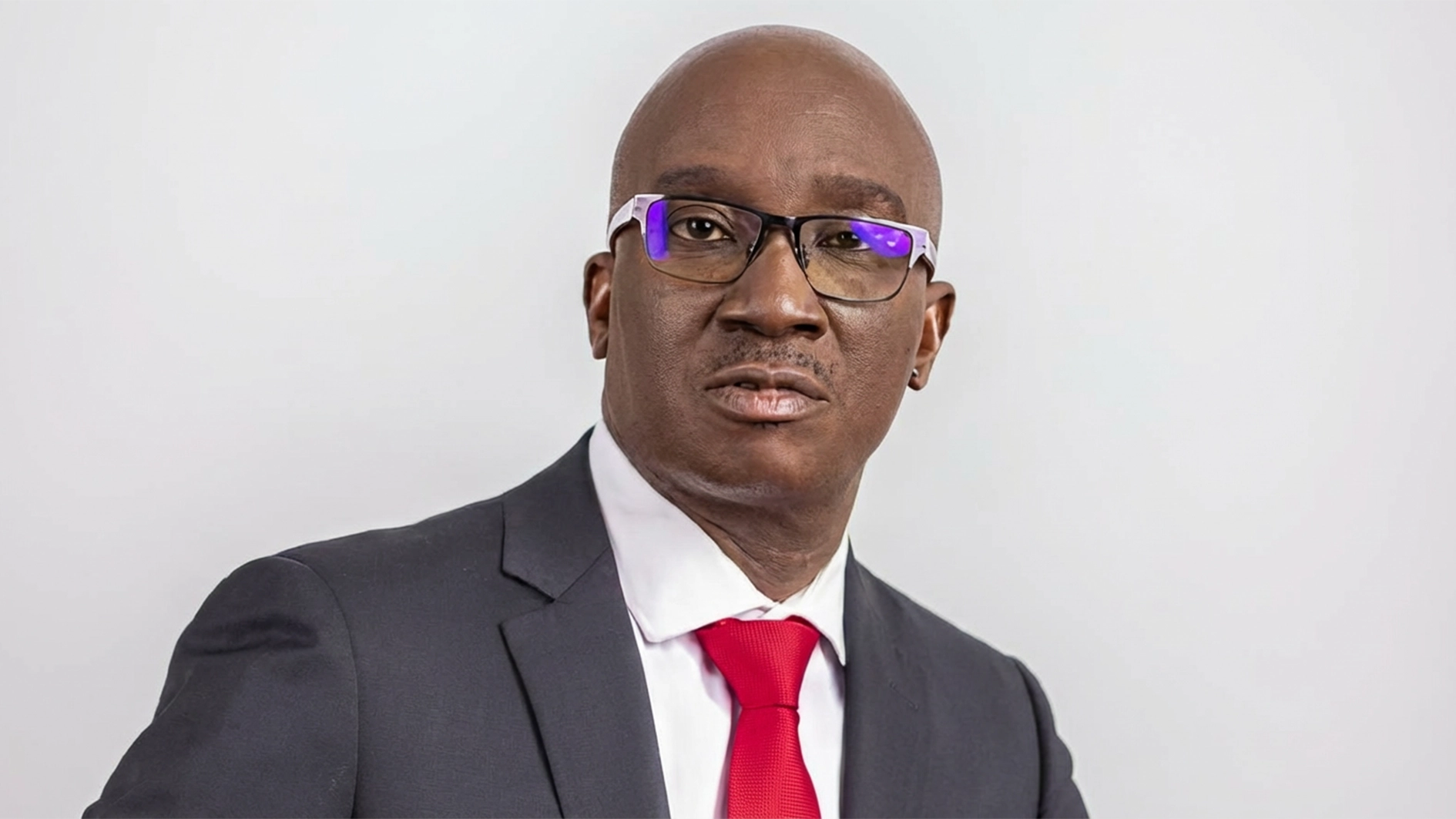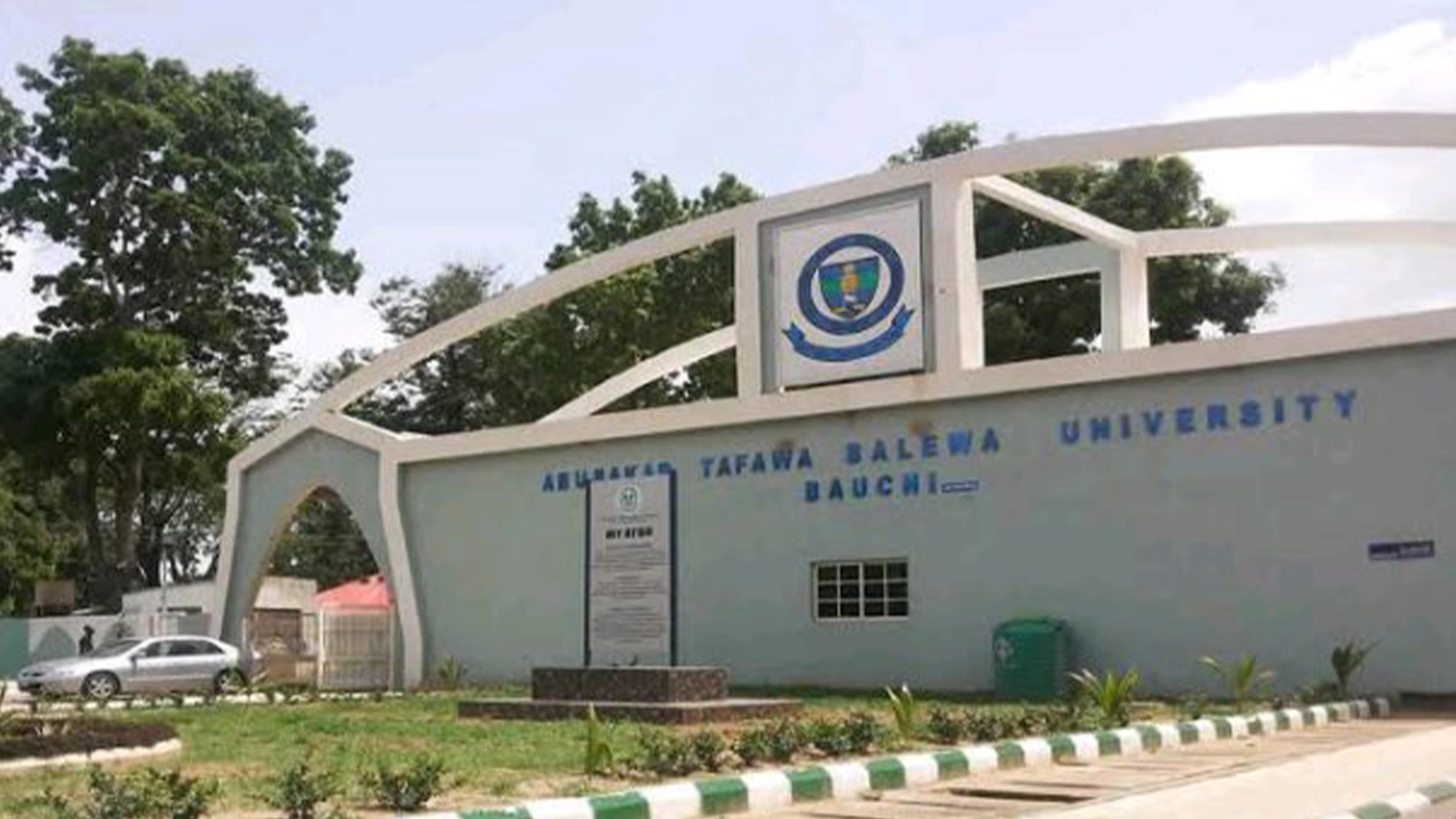
Beneficiaries of the Federal Government’s Student Loan Scheme, administered by the Nigerian Education Loan Fund (NELFUND), have hailed the initiative as a vital financial lifeline.
Those who spoke to The Guardian described the scheme as a welcome financial relief, expressing heartfelt gratitude to the Federal Government and NELFUND for the timely support.
This comes amid calls for the Fund to extend the scheme to cover accommodation costs.
Speaking with our correspondent, Dauda Shupkuk, a 300-level History and International Studies student at the University of Jos, praised the initiative, saying it has greatly alleviated the financial burden on him and his family.
He described the credit facility as a “game changer” that has eased his financial worries, allowing him to concentrate on his studies without the burden of tuition fees and upkeep.
“I’m a beneficiary of NELFUND. My school fees were paid this session,” he said. “About N135,000. And I receive N20,000 monthly as upkeep. I have received it twice and I’m waiting for this month’s payment.”
Shupkuk, who also serves as Secretary-General of the Student Union Government (SUG) at UNIJOS, added: “It has provided a lot of relief. My mother sponsors me. It is helpful to her because, at least, she can divert the funds she used for me to my younger siblings.”
Also speaking with our correspondent, the Students’ Union President at UNIJOS, Jane Pwajok, echoed the sentiments of many students, appealing to the Fund to consider extending the scheme to cover students’ accommodation expenses.
While vouching for the legitimacy of the scheme, Pwajok, a sixth-year Medical student, revealed that her personal interactions with numerous students who have successfully secured the loan further reinforced her conviction that the initiative is genuine and not a scam.
“Recently, we had exams, which concluded three weeks ago, and I can say that a very good number of students applied and got their funds disbursed. In fact, those who had not yet received their school fees disbursement but had it approved or verified were still allowed to write their exams, hoping that NELFUND would subsequently disburse the funds.
“So if there were any doubts about the disbursement of funds, I don’t think the university authorities would have allowed them to write without seeing the funds,” she said.
According to her, doubting Thomases are playing themselves. If anyone thinks that NELFUND is a scam, I don’t think that’s the right way to go, especially because it’s an avenue for students to receive stipends monthly and have their school fees paid without any hitch. I think it’s a very beautiful initiative that students should honestly take advantage of.
Similarly, Shupkuk underscored the need for the agency to consider expanding its support services to address the pressing issue of accommodation challenges faced by students.
He stressed that providing financial assistance for tuition fees is a significant step, but equally important is ensuring that students have access to affordable and decent accommodation, which is essential for their overall well-being and academic success.
He said, “There are a lot of accommodation problems at the University of Jos. We are over 40,000 students, and we have limited hostel spaces, so that support would help. They could assist us with accommodation. It’s possible.”
Shupkuk advised skeptics to have faith in the scheme, stressing that it is a genuine initiative by the Federal Government and NELFUND to support students’ education.
He encouraged those who are doubtful to take advantage of the opportunity, as it has made a significant positive impact on his academic pursuits.
“NELFUND is real. It has zero interest. And I don’t see a problem with that. I have hope for my future. I can pay that money back. And with the way the country is going, it is losing value. So if the money is losing value, you don’t have any reason to doubt NELFUND. I’m a beneficiary, and I can attest to it,” he stated.
Additionally, Muhammad Ali Mustapha, a 200-level undergraduate at the University of Maiduguri, stated that the N20,000 monthly upkeep allowance would greatly alleviate his financial concerns, particularly regarding transportation costs.
This, he noted, would enable him to concentrate on his academic pursuits without having to burden his father with requests for transport fares.
The Veterinary Medicine student explained that the monthly stipend would help him focus on his studies without the stress of financial constraints.
“The N20,000 upkeep means a lot to me. Before, I used to ask my father for transport money, which is almost N1,000 every day, but now I have been able to handle that burden myself without asking him,” an elated Mustapha revealed.
Meanwhile, the Fund has clarified that students who paid their institutional fees before receiving their loan disbursements will be reimbursed by their respective institutions.
The agency stated this on its official X handle.
In response to a query posed by X user Wisdom Audi (@WisdomAudi26863) regarding the status of students who settled their school fees prior to receiving their NELFUND loan, the agency (@NELFUND) clarified that “the institution will refund the students in this position”.






